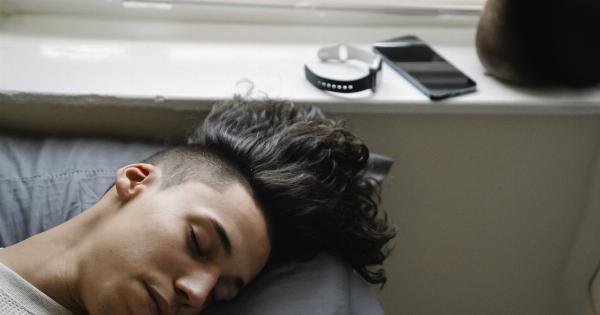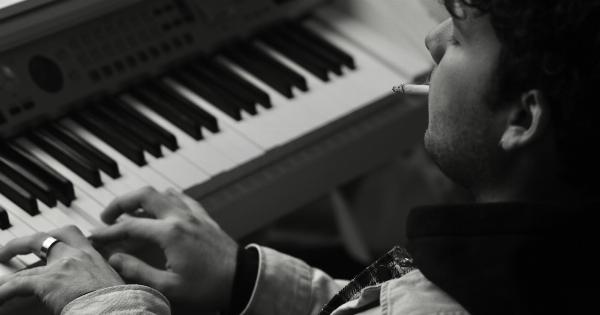Tenths, also known as tics, are sudden, involuntary movements or sounds that affect some children. These movements or sounds can be repetitive and may go on for seconds, minutes, or even hours.
Tenths can be annoying for children, making them stand out from their peers, and can affect their self-esteem. However, tenths are relatively common in children and are not necessarily a sign of a serious problem.
What causes tenths?
Tenths are believed to be caused by a combination of genetic and environmental factors. In some cases, children may inherit a genetic predisposition to tenths, while in others, tenths may be triggered by stress, anxiety, fatigue, or excitement.
Some research suggests that abnormalities in certain brain chemicals, such as dopamine, may play a role in the development of tenths. However, the exact cause of tenths is not fully understood.
When do tenths start?
Tenths usually start between the ages of 5 and 7 years and are most common in children between the ages of 9 and 12 years. Boys are more likely to get tenths than girls.
Tenths usually peak in intensity around age 10 and then decrease or disappear altogether by the time the child reaches late adolescence or early adulthood.
What are the different types of tenths?
There are two types of tenths: motor tenths and vocal tenths.
Motor tenths
Motor tenths are sudden, involuntary movements that affect the body, including the face, neck, and shoulders. Examples of motor tenths include:.
- Eye blinking or rolling
- Nose twitching
- Head jerking
- Shoulder shrugging
- Arm flapping
- Finger wiggling
- Foot tapping
Vocal tenths
Vocal tenths are sudden, involuntary sounds or noises that affect speech, such as:.
- Throat clearing
- Sniffing
- Grunting
- Humming
- Coughing
- Shouting
How are tenths diagnosed?
Tenths are typically diagnosed based on the presence of repeated, involuntary movements or sounds that are not caused by another medical condition. To diagnose tenths, a doctor may:.
- Conduct a physical exam to rule out any underlying medical conditions
- Take a detailed medical history of the patient and their family
- Observe the child’s movements and listen to their sounds
How are tenths treated?
Most cases of tenths do not require treatment, as they generally improve or disappear on their own over time.
However, if tenths are causing significant distress or interfering with the child’s ability to function in daily life, treatment may be recommended.
Behavioral therapy
Behavioral therapy may be used to help the child learn how to recognize and control their tenths.
Therapy may include techniques such as habit reversal training, which involves teaching the child to replace their unwanted movements or sounds with more acceptable ones.
Medication
If behavioral therapy is not effective, medication may be prescribed to help manage tenths. Medications that may be used to treat tenths include:.
- Antipsychotics
- Antidepressants
- Selective serotonin reuptake inhibitors (SSRIs)
- Stimulants
Conclusion
Tenths are common in children and tend to improve or disappear over time. While tenths can be annoying, they are not usually a sign of a serious medical problem.
If tenths are causing significant distress or interfering with the child’s ability to function, behavioral therapy or medication may be recommended.




























